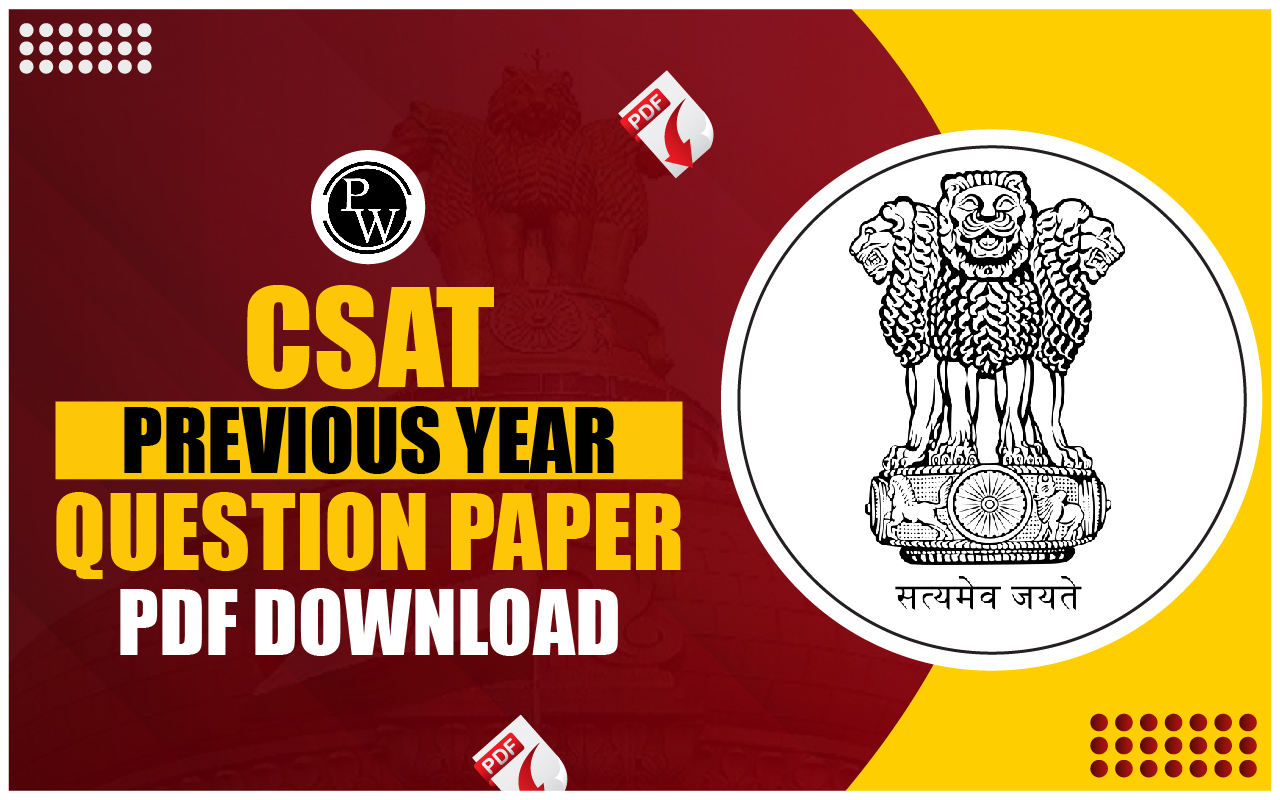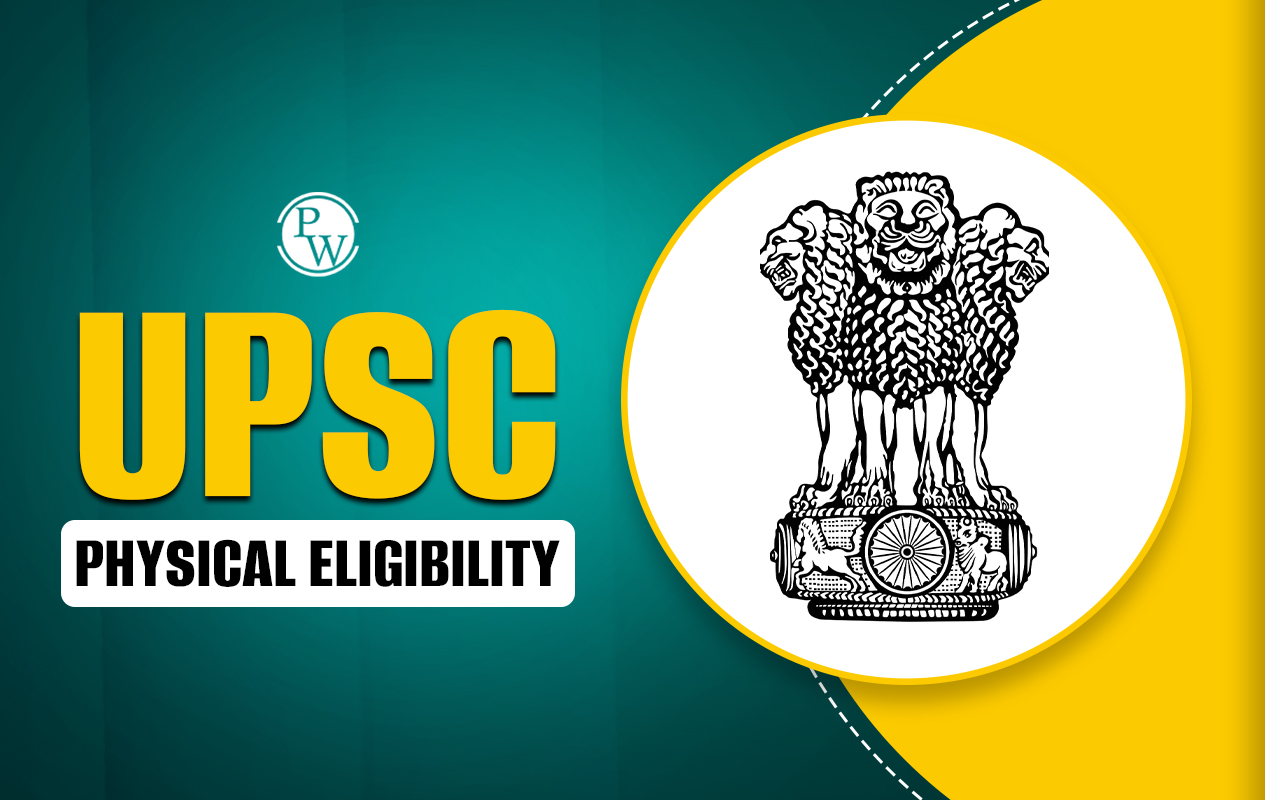
Statutory Bodies : When preparing for the UPSC exam, understanding the various governance structures in India is crucial. Among these structures are statutory bodies, which play an important role in the functioning of the government.
Statutory bodies are created by Acts of Parliament or State Legislatures and derive their powers, duties, and functions from these laws. Keep reading this guide to the list of Statutory Bodies in India and their differences from constitutional bodies.What is Statutory Body?
Statutory bodies are organisations or institutions created by an act of Parliament or state legislatures. These bodies are established through laws or statutes , hence the term ‘statutory’. Unlike constitutional bodies (which are directly mentioned in the Constitution), statutory bodies derive their powers from specific legislation enacted by the Parliament. The primary purpose of statutory bodies in India is to implement specific laws and ensure compliance with regulations . These bodies operate independently but under the jurisdiction of the government, and they play a critical role in regulating, monitoring, or overseeing various sectors of public administration, such as finance, health, education, and the environment.List of Statutory Bodies in India
Statutory bodies in India are established by acts of Parliament to address specific governance, regulatory, or welfare needs. Below is a detailed list of some significant statutory bodies in India:1. Reserve Bank of India (RBI)
Established in 1935 under the Reserve Bank of India Act, 1934, this statutory body acts as the central bank of India, managing monetary policy, controlling inflation, and regulating banking institutions. It ensures financial stability and provides critical services like currency issuance and foreign exchange management.2. Securities and Exchange Board of India (SEBI)
SEBI, constituted under the SEBI Act, 1992 , is responsible for regulating India’s securities and commodities markets. SEBI regulates and supervises the securities markets in India. Its main role is to protect investor interests, develop the securities market, and ensure transparency and fairness in stock exchanges, mutual funds, and perform quasi-judicial and quasi-legislative functions.3. National Human Rights Commission (NHRC)
The NHRC was established in 1993 under the Protection of Human Rights Act . Its mission is to investigate and address violations of human rights and provide remedies to aggrieved individuals. It works extensively in promoting human rights awareness and advising the government on policy matters.4. National Commission for Women (NCW)
Formed in 1992 under the National Commission for Women Act, the NCW addresses issues concerning women's rights and gender equality. It works to ensure women’s safety, provide legal advice, and conduct research on gender-based discrimination.5. National Green Tribunal (NGT)
The National Green Tribunal, established in 2010 under the NCT Act, is a quasi-judicial body created to handle environmental disputes and issues related to the protection and conservation of the environment. It ensures the enforcement of environmental laws and policies, particularly in matters concerning air and water pollution, wildlife protection, and the sustainable use of natural resources.6. Central Vigilance Commission (CVC)
The CVC, set up under the CVC Act, 2003, oversees the government’s vigilance activities to curb corruption in public administration. Its primary role is to prevent corruption, abuse of power, and malpractices within government offices. The CVC investigates complaints against officials and ensures that transparency and accountability are upheld in the public sector.7. Competition Commission of India (CCI)
The CCI, established under the Competition Act, 2002, ensures fair competition by preventing anti-competitive agreements and abuse of dominant positions. It aims to prevent practices that have an adverse effect on competition, such as monopolies, cartels, and anti-competitive agreements. The CCI ensures that market forces operate freely and fairly.8. University Grants Commission (UGC)
Established under the UGC Act, 1956 , this body regulates higher education in India. The UGC is responsible for disbursing grants to universities, promoting higher education, and ensuring quality control in the university system across India. It also develops policies aimed at enhancing research, innovation, and educational development.9. Central Waqf Council (CWC)
The CWC was established in 1964 under the Waqf Act, 1954 . It is an advisory body for the administration and regulation of waqf properties in India. It works to safeguard the interests of Muslim religious endowments (waqfs) and ensure their proper utilization for charitable and social purposes. The CWC monitors the management and development of waqf properties across the country.10. Central Pollution Control Board (CPCB)
The CPCB was constituted under the Water (Prevention and Control of Pollution) Act, 1974 . This body functions under the Ministry of Environment, Forest and Climate Change. CPCB monitors and controls pollution levels in air and water, ensuring sustainable environmental practices through regulation and public awareness.Difference Between Statutory Bodies and Constitutional Bodies
Statutory bodies and constitutional bodies are both essential components of India's governance framework, but they differ significantly. Here are the key differences between the Statutory Bodies and Constitutional Bodies :| Difference Between Statutory Bodies and Constitutional Bodies | ||
| Aspect | Statutory Bodies | Constitutional Bodies |
| Origin | Created by an Act of Parliament or State Legislature. | Established directly by the Constitution of India . |
| Legal Basis | Derived from specific statutes or laws enacted by the legislature. | Derived from Articles in the Constitution of India. |
| Examples | Reserve Bank of India (RBI), Securities and Exchange Board of India (SEBI), National Green Tribunal (NGT). | Election Commission of India (ECI), Comptroller and Auditor General of India (CAG), Union Public Service Commission (UPSC). |
| Permanence | Can be created, modified, or abolished by the legislature as needed. | Permanent bodies with constitutionally mandated powers. |
| Independence | Operate with independent powers within the scope of their enabling legislation but may be subject to the discretion of the government or parliament. | Enjoy constitutional protection and greater independence, with immunity from direct government interference in their functioning. |
| Flexibility | Can be modified, reorganized, or dissolved based on the needs of the government. | Changes to constitutional bodies require a constitutional amendment. |
| Jurisdiction | Typically have a sector-specific jurisdiction, such as regulating specific industries, sectors, or issues. | Have wide-ranging authority covering fundamental constitutional functions, such as governance, elections, auditing, and appointments. |
| UPSC Related Articles | ||
| Gandhi Jayanti 2024 | Missiles of India | International Awards 2024 |
| Kumbh Mela 2025 | G20 Summit 2024 | Indus Waters Treaty |
Statutory Bodies in India FAQs
What is a statutory body in India?
A statutory body in India is an organisation established by an Act of Parliament or State Legislature to perform specific functions and duties.
How are statutory bodies different from constitutional bodies?
Statutory bodies are created through legislation, whereas constitutional bodies are established by the Constitution.
What are examples of statutory bodies in India?
Examples of statutory bodies in India include the Reserve Bank of India (RBI), SEBI, UGC, and NHRC.
Are statutory bodies part of the government?
No, statutory bodies function independently but are accountable to the legislature.
Is NITI Aayog a statutory body?
No, NITI Aayog is not a statutory body. It was established by a resolution of the Government of India in 2015, not by an Act of Parliament, which makes it a non-statutory body.
Talk to a counsellorHave doubts? Our support team will be happy to assist you!

Check out these Related Articles
Free Learning Resources
PW Books
Notes (Class 10-12)
PW Study Materials
Notes (Class 6-9)
Ncert Solutions
Govt Exams
Class 6th to 12th Online Courses
Govt Job Exams Courses
UPSC Coaching
Defence Exam Coaching
Gate Exam Coaching
Other Exams
Know about Physics Wallah
Physics Wallah is an Indian edtech platform that provides accessible & comprehensive learning experiences to students from Class 6th to postgraduate level. We also provide extensive NCERT solutions, sample paper, NEET, JEE Mains, BITSAT previous year papers & more such resources to students. Physics Wallah also caters to over 3.5 million registered students and over 78 lakh+ Youtube subscribers with 4.8 rating on its app.
We Stand Out because
We provide students with intensive courses with India’s qualified & experienced faculties & mentors. PW strives to make the learning experience comprehensive and accessible for students of all sections of society. We believe in empowering every single student who couldn't dream of a good career in engineering and medical field earlier.
Our Key Focus Areas
Physics Wallah's main focus is to make the learning experience as economical as possible for all students. With our affordable courses like Lakshya, Udaan and Arjuna and many others, we have been able to provide a platform for lakhs of aspirants. From providing Chemistry, Maths, Physics formula to giving e-books of eminent authors like RD Sharma, RS Aggarwal and Lakhmir Singh, PW focuses on every single student's need for preparation.
What Makes Us Different
Physics Wallah strives to develop a comprehensive pedagogical structure for students, where they get a state-of-the-art learning experience with study material and resources. Apart from catering students preparing for JEE Mains and NEET, PW also provides study material for each state board like Uttar Pradesh, Bihar, and others
Copyright © 2026 Physicswallah Limited All rights reserved.









